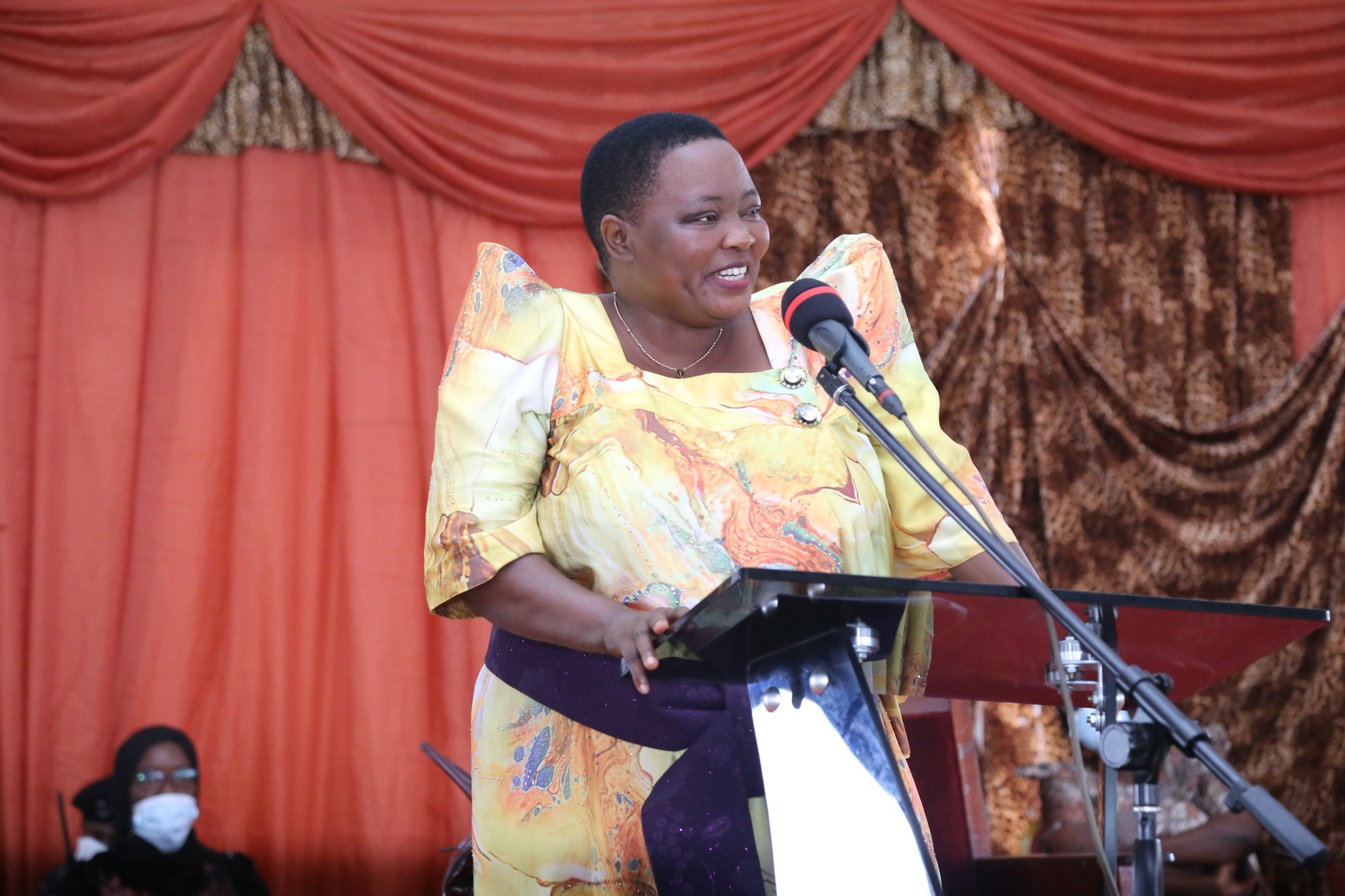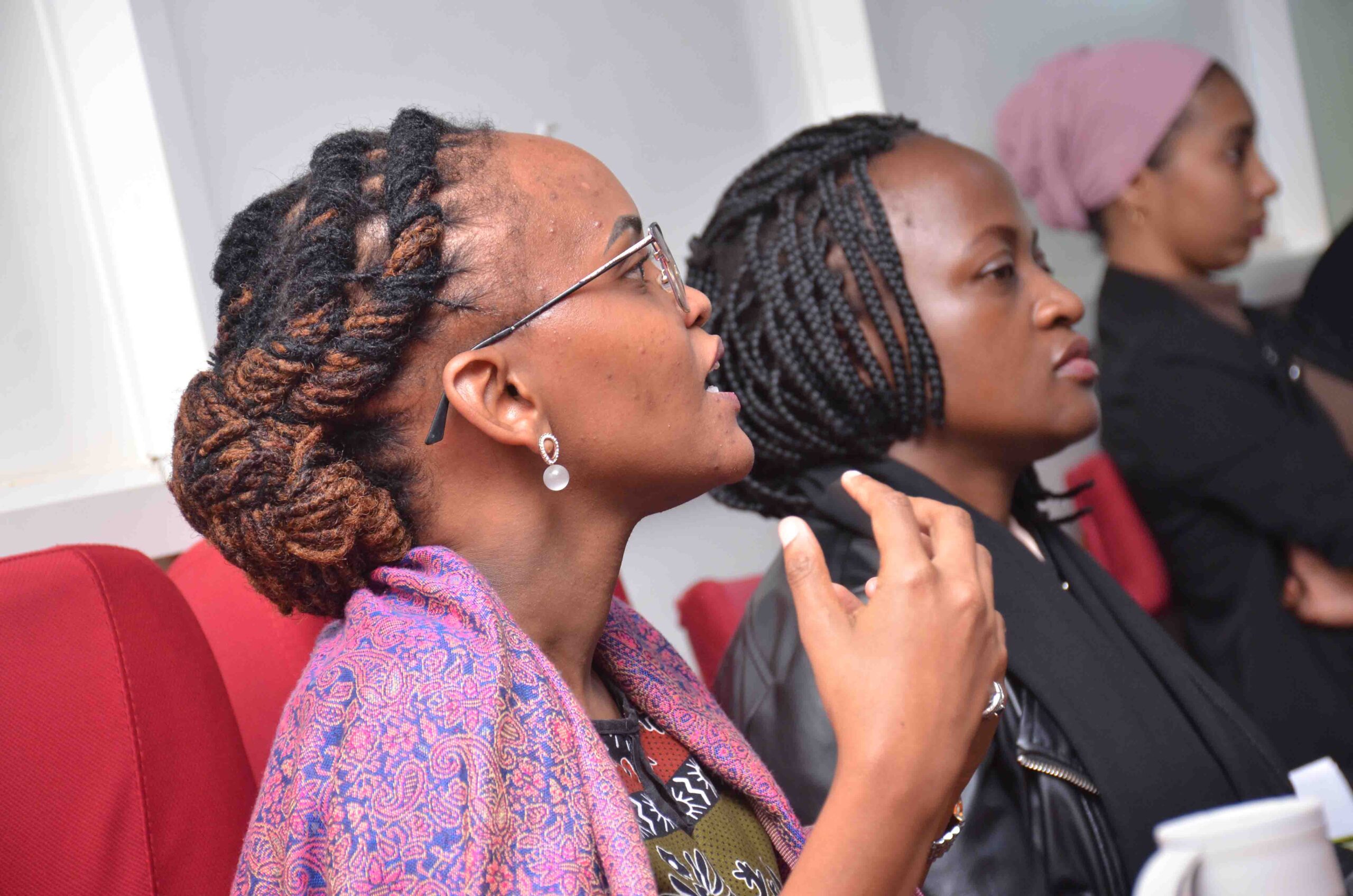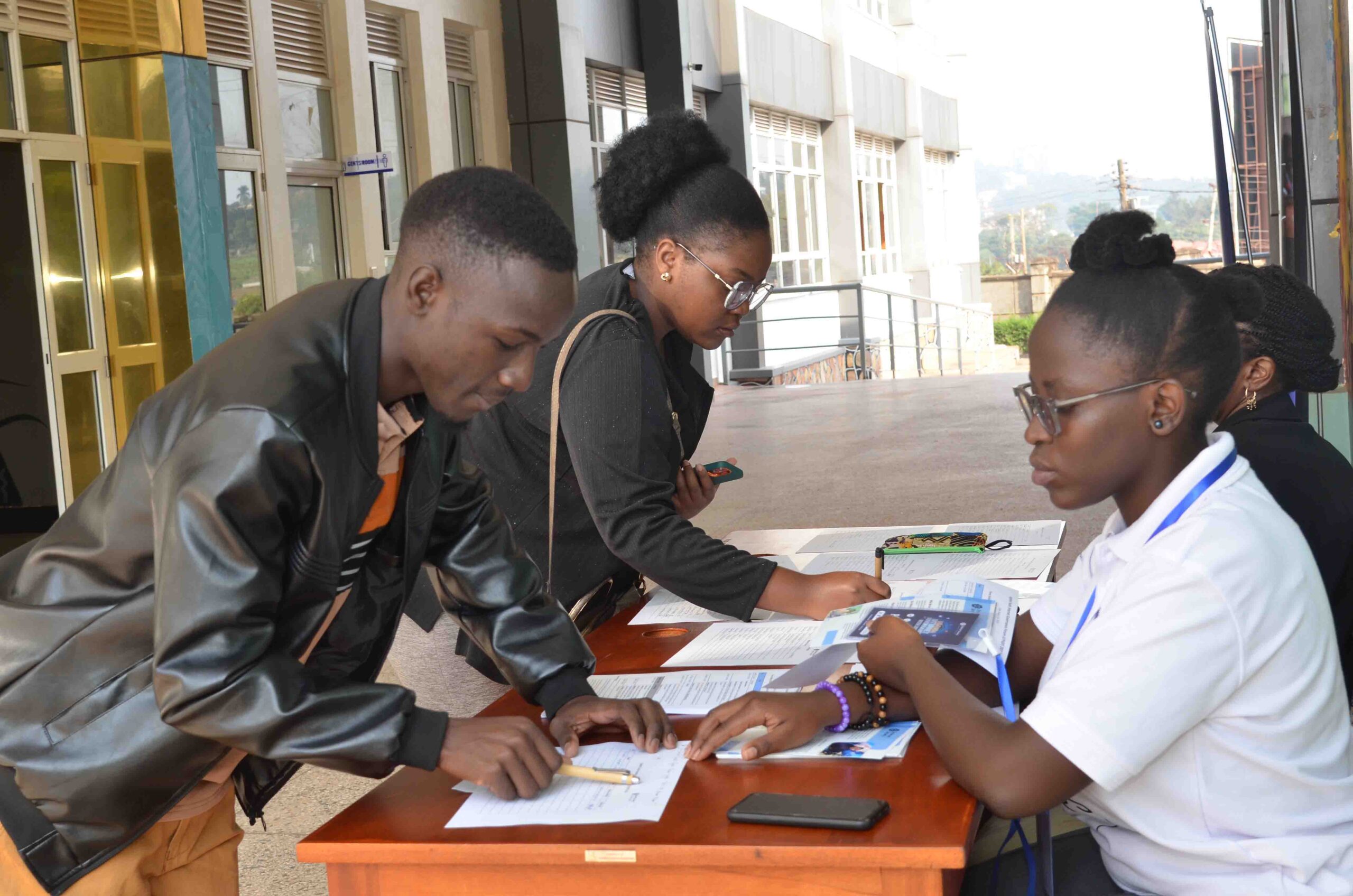Empowering Women for Uganda’s Economic Growth and Development.
efiug Survivors of violence in Wakiso making local attires for sale.
Gender diversity is more than a buzzword; it’s a catalyst for economic growth and social development. In Uganda, the role of women in driving economic progress has become increasingly significant. This article explores the impact of women on Uganda’s economy, their rights to participate in leadership, and their ability to thrive in the workplace.
Women constitute a substantial portion of Uganda’s population, and their economic activities are vital for the country’s growth. In both urban and rural areas, women are engaged in various sectors, from agriculture to entrepreneurship, contributing significantly to the national GDP. According to the World Bank, empowering women to participate equally in the economy could add billions to Uganda’s GDP.
Agriculture, a backbone of Uganda’s economy, heavily relies on women who form the majority of the agricultural workforce. Their involvement in small-scale farming, livestock keeping, and agribusinesses is crucial for food security and rural development. Moreover, women entrepreneurs are emerging as key players in Uganda’s SME sector, driving innovation and creating job opportunities.
Despite the evident contributions of women to the economy, gender disparities in leadership and decision-making positions remain a challenge. However, Uganda has made strides in promoting gender diversity in leadership. The constitution mandates affirmative action, ensuring a minimum of 30% representation of women in Parliament and local government councils.
Women leaders in Uganda have demonstrated their capability to drive positive change. Notable figures include Hon. Rebecca Kadaga, the first female Speaker of Parliament, and Dr. Speciosa Wandira Kazibwe, the first female Vice President. Their leadership has inspired many young women to aspire to political and administrative roles.
The right to participate in leadership is fundamental to achieving gender equality. In Uganda, legal frameworks and policies support women’s political participation. Civil society needs to domesticate and integrate these resources to give women and chance. The Equal Opportunities Commission and various gender advocacy groups work tirelessly to ensure that women’s voices are heard in political arenas.
However, cultural norms and societal attitudes often hinder women’s full participation in leadership. It is why organisations like the Eliezah Foundation exist, to make sure that such norms are harmonised to ensure women benefit from resources and participate in changing attitudes, however, Addressing these challenges requires continuous efforts in education, advocacy, and policy implementation. Empowering women through leadership training programs and mentorship can build their confidence and skills to take on leadership roles.
For women to thrive in the workplace, creating an inclusive and supportive environment is essential. Employers must adopt policies that promote work-life balance, equal pay, and protection against workplace discrimination and harassment. In Uganda, organizations like the Eliezah Foundation and the Uganda Women Entrepreneurs Association Limited (UWEAL) are at the forefront of advocating for women’s rights in the workplace.
Additionally, providing access to education and professional development opportunities is crucial. The Eliezah Foundation has continued to provide such services to ensure women have the skills and the zeal to stay in the workplace. Educated women are more likely to secure better-paying jobs, advance in their careers, and contribute meaningfully to the economy. Initiatives like scholarships for girls, vocational training programs, and adult education classes are essential for empowering women to thrive in the workforce.
The growth and development of women are integral to Uganda’s economic and social progress. By promoting gender diversity, ensuring women’s rights to participate in leadership, and creating enabling workplaces, Uganda can harness the full potential of its female population. As more women rise to leadership positions and excel in various economic sectors, the ripple effect will be felt across the nation, driving sustainable development and prosperity.
Empowering women is not just a matter of fairness; it’s an investment in Uganda’s future.
The writer is the founder of the Eliezah Foundation Initiative



